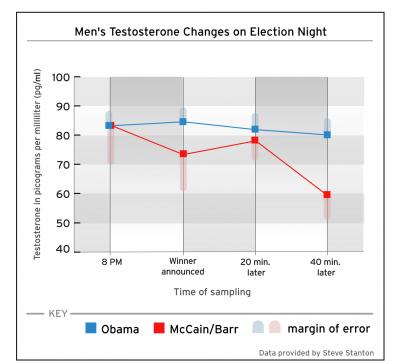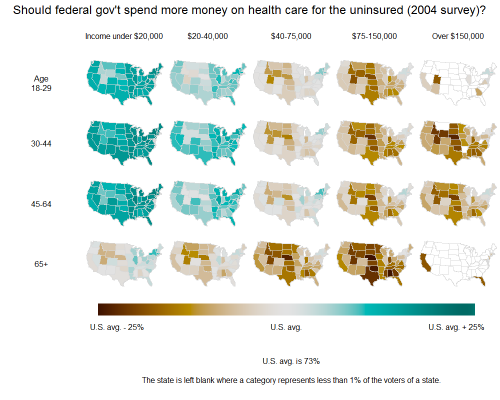
The Daily Show calls itself “a fake news show,” but it often does what the “real” news shows won’t. It documents how what people on news shows try to pass off as “spontaneous and unrehearsed” (as the opening of Meet the Press used to put it) is really planned and scripted at Talking Points Central. The Daily Show will give a quick montage of clips in which different people on different shows all use the same unusual word or phrase.
Last night it was “dithering.” A series of right-wingers, culminating in Dick Cheney, all accuse President Obama of “dithering” on Afghanistan.
Slide to 3:37:
It was just like the old days, when The Daily Show would string together clips from Bush Administration figures and right-wing commentators all using the same key words. But then, the statements all came on the same day, so the central direction was obvious. (I mean, it was obvious to Daily Show viewers, not to viewers of “real” news programs.)
The popularity of dithering may be more a case of contagion than planning. Note the dates of the O’Reilly and Cheney clips, more than two weeks apart.
Dithering is not a frequently used word. Lexis-Nexis shows only 27 instances in TV news transcripts for the first nine months of the year. The first use in connection with Afghanistan comes on September 24 – on Australian ABC, but the speaker was from the American Enterprise Institute, a conservative think tank in Washington. So it’s likely that dithering represented one idea of how to attack Obama. That idea took hold.
Over the course of the next month, dithering begins to reverberate. Republican senators use it in hearings in early October, TV news people bounce it back, and right-wing commentators start yodeling it loudly.
They are changing the rationale for why we are in Afghanistan. What’s really going on here is a dither, a big dither, indecisiveness. (William Bennett on CNN, Oct. 18)
And finally the Cheney quote on Oct. 21 that is echoed in every news story about that speech.
The White House must stop dithering while America’s forces are in danger.
Quite possibly, Cheney’s speech was written by someone at the American Enterprise Institute or someone else in that neo-con circle. Still, I don’t see the dithering as a matter of “talking points” distributed by the RNC. Instead, it’s an example of what I mentioned in another post – a word (dithering, issues) that spreads because it just sounds “right,” at least to certain people.
I expect that the dithering life cycle will be mayfly brief. Issues to mean problems was slower to catch on, and it may hang around for a good while.








